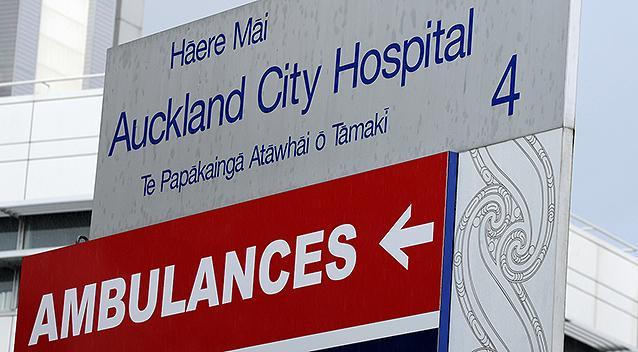Overseas travelers can sometimes bring back unwanted souvenirs — with tragic consequences.
A localized outbreak of typhoid in Auckland, New Zealand has taken the life of one patient and affected 20 others. Public health authorities believe that a traveler to a typhoid-endemic country may have unknowingly contracted the disease and carried it back into the country.
Typhoid, a bacterial infection transmitted through contaminated food or water, causes symptoms that are easily confused with more common illnesses, making it difficult for health providers to quickly diagnose and treat the disease. While most infected individuals feel typhoid’s effect, the disease can also be spread through “silent carriers,” who transmit the disease without showing symptoms of it. In fact, the two patients most recently diagnosed in the New Zealand outbreak were both asymptomatic for typhoid. This may have contributed to 21 people contacting typhoid in New Zealand’s largest city.
Although the burden of typhoid is concentrated in Africa and Asia, where a lack of access to vaccines as well as limited water and sanitation infrastructure have allowed the disease to flourish, the recent outbreak in New Zealand highlights how the disease is a global threat, rather than merely a regional problem.
Thankfully, thus far the outbreak has only caused one reported death, and several of the hospitalized patients have recovered and been released. Public health officials have taken measures to track down the dozens of people who have been in contact with these patients, many of whom are affiliated with the same church community. Officials have also asked that food handlers who have been in contact with these patients temporarily shut down their businesses. Hope is growing that this typhoid outbreak has been contained, but typhoid’s long incubation period presents the risk of new cases emerging in the coming weeks.
This outbreak contains valuable lessons on efforts to control and prevent typhoid. In our globalized world, there is no such thing as a country entirely safe from the disease. Even in countries with improved water and sanitation and easy access to healthcare, the swift pace of modern travel means that an imported disease can cause an outbreak that outpaces public health authorities’ response. Until typhoid is effectively controlled and prevented in every country, the disease remains a danger. All countries – endemic or not – must work together to bolster the vaccine and sanitation improvements we need to make typhoid a thing of the past.
Photo: Yahoo New Zealand



